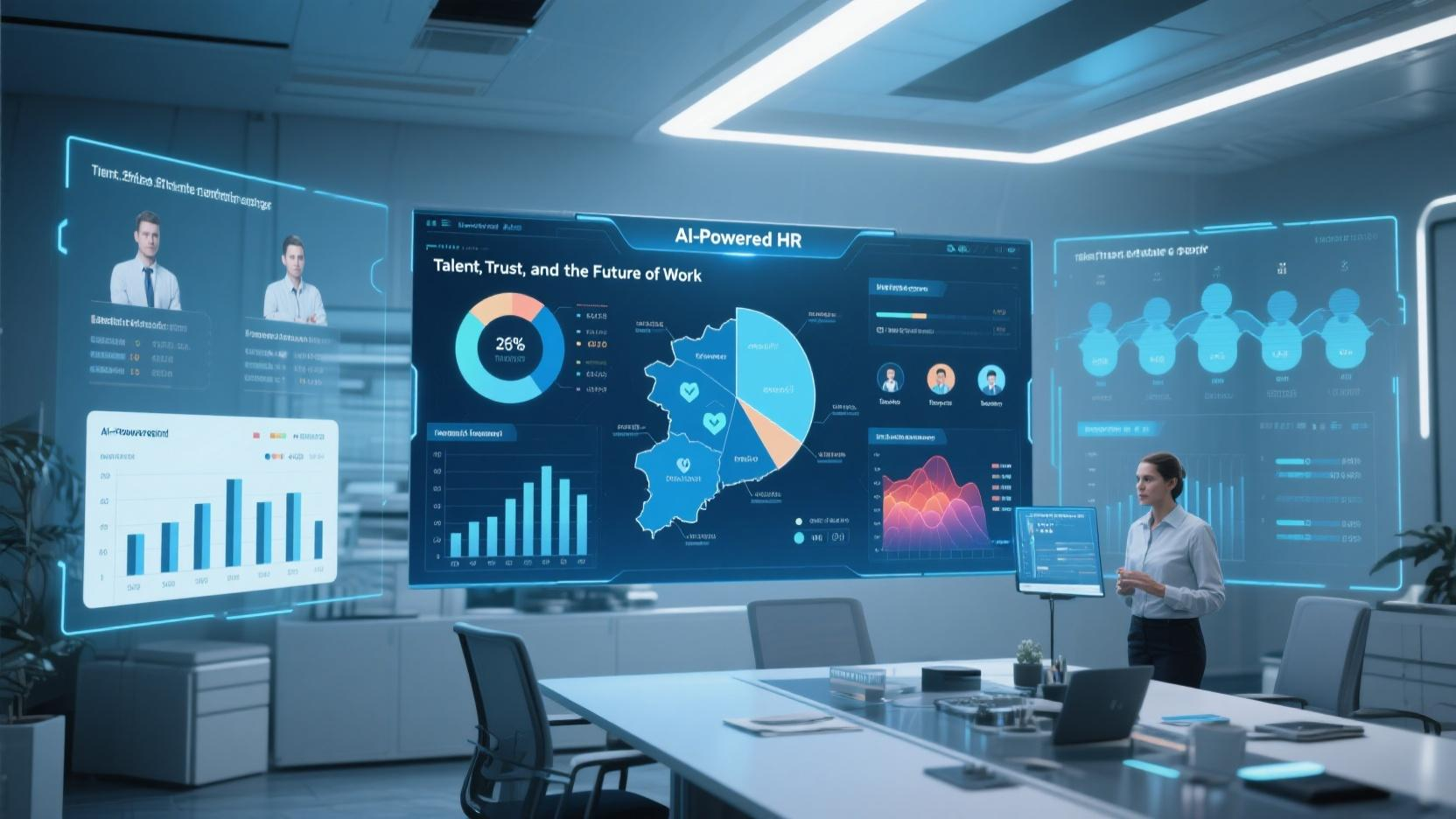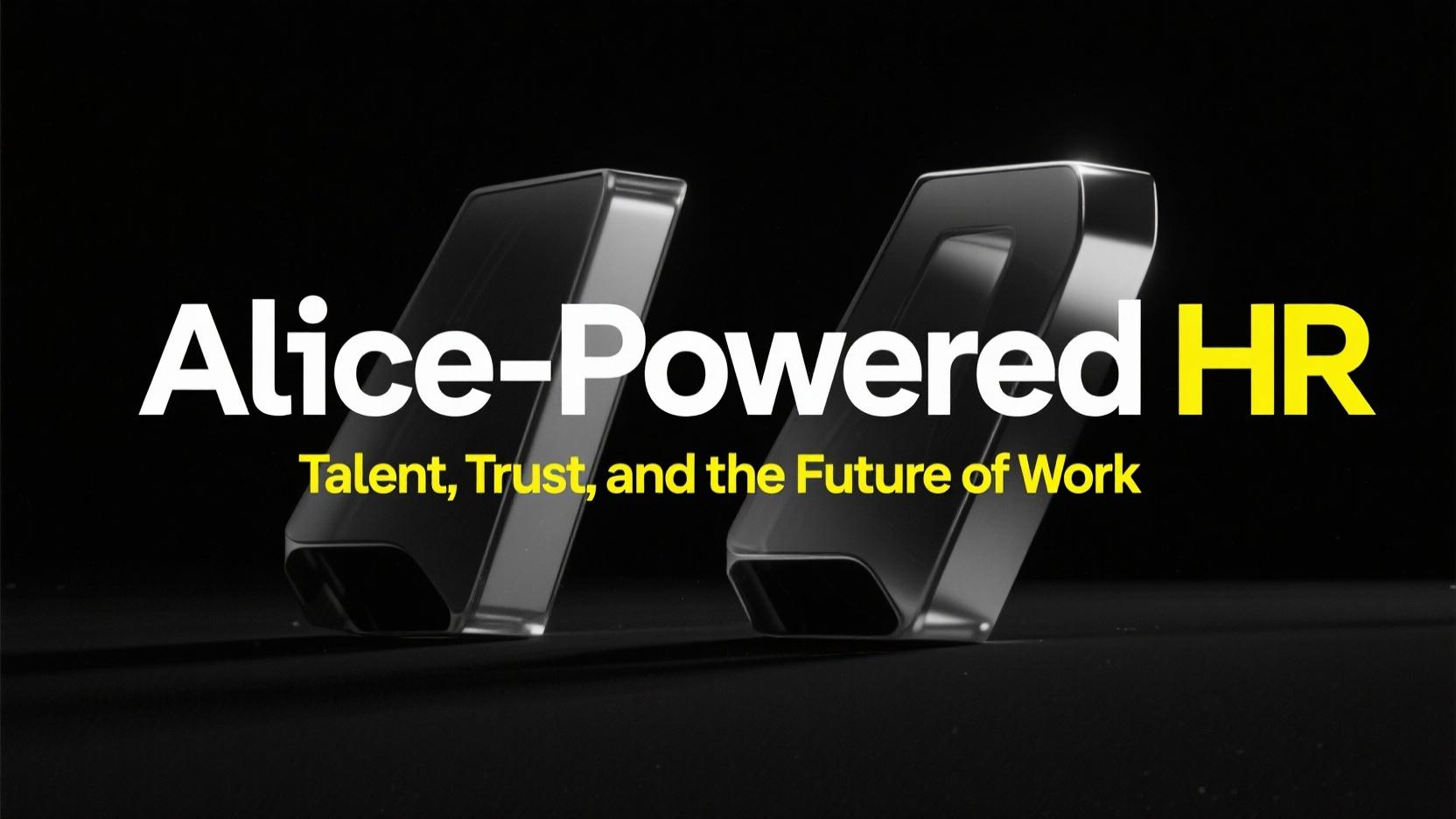From Hiring to Retention, AI Is Redefining Workforce Strategy
In today’s volatile talent market, human resources is no longer just about hiring and payroll. It’s becoming a data-driven, strategic function — and AI is leading that transformation. From recruitment to career development, AI is reshaping how companies attract, manage, and retain top talent.

Smarter Hiring, Faster Decisions
Gone are the days of manually screening hundreds of résumés. Tools like HireVue, Pymetrics, and LinkedIn Talent Insights now use AI to:
Scan CVs for skill relevance and cultural fit.
Analyze video interviews for micro-expressions and communication style.
Predict a candidate’s likelihood to succeed based on past hiring patterns.
One global consultancy reported a 38% faster hiring cycle and 25% higher retention after adopting AI-powered recruitment workflows.
AI as a Career Coach
Inside organizations, AI is also transforming internal mobility and development. Platforms like Workday AI and Gloat suggest personalized learning paths, role transitions, and mentorship matches — all based on employee behavior, performance metrics, and career aspirations.
Employees can now ask an HR chatbot:
“What role am I best suited for next year?” — and receive a customized development roadmap.
Workforce Analytics & Wellbeing
AI systems monitor employee engagement, burnout risk, and even team sentiment via anonymized communications data. This allows HR leaders to intervene before issues escalate — improving morale and reducing costly attrition.
“We no longer guess what’s wrong. We detect patterns in real time,” says Ana Martínez, Chief People Officer at a global fintech firm.

Risks and Ethics in AI-Driven HR
Despite benefits, the risks are significant. AI models may amplify biases, especially in hiring. Algorithms trained on historical data may unfairly penalize diverse candidates. There are also growing privacy concerns over workplace surveillance.
To mitigate this, forward-thinking companies are establishing AI ethics boards, conducting regular algorithm audits, and ensuring human review for all major decisions.
Key Takeaway
AI is helping HR evolve from a reactive function to a strategic intelligence center. But success will depend on balancing insight with integrity — and using machines to enhance, not replace, human judgment.
